Mozambique: Better days not far off for Cabo Delgado province - Governor
Decentralisation negotiations between Renamo and Frelimo in deadlock

DW / File photo
District administrators remain at the centre of the divergences. Like Dhlakama, Renamo wants district administrators to be appointed by the governors. Frelimo insists that an appointment be made by the ministry overseeing public administration.
There is controversy over the consensus reached in establishing a definitive peace in Mozambique between President Filipe Nyusi and the leader of the Mozambican National Resistance (Renamo), Afonso Dhlakama, who died last Thursday (03.05).
The differences are mainly over the appointment of district administrators, discussed in the decentralisation package deposited last February in parliament by Filipe Nyusi following the consensus reached with Afonso Dhlakama.
According to the head of the Renamo parliamentary bench, Ivone Soares, the talks on this matter are at a standstill because while Renamo holds that district administrators should be appointed by the provincial governors, the Frelimo position is that the indication should be made by the government ministry overseeing the area.
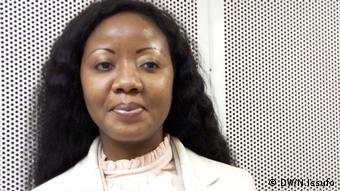
Speaking to reporters on Saturday (05.05), Soares said in her first public statement after the death of his her that the party’s position was the same as Afonso Dhlakama’s.
“He insisted to the last minute that the administrators must be appointed by the elected governor. Because it makes no sense – he has always said – that administrators be appointed by the minister who is developing the governing party’s programme, when the governor is developing programmes of the party that appointed him to run on behalf of that province as head of the list,” she argues.
“Centralised decentralisation”
“We need to find middle ground,” Soares says, or Mozambique may get “centralised decentralisation”.
Frelimo finds Renamo’s position “strange”, spokesman Caifadine Manasse says, recalling that the decentralisation package was the result of a consensus between Dhlakama and Nyusi.
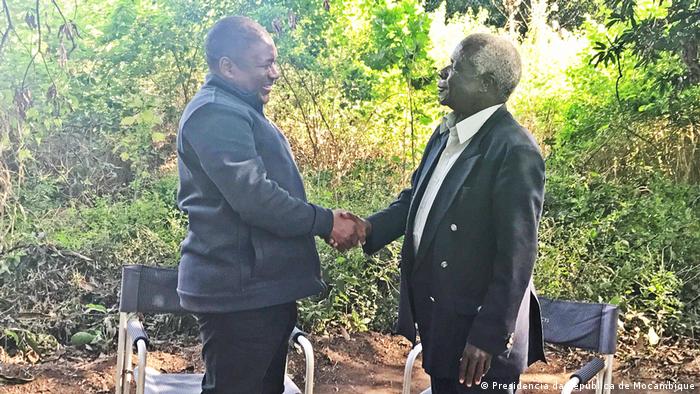
“We, Frelimo, make it clear that the document deposited in the Assembly of the Republic by the head of state is the consensus document between Filipe Nyusi and the ill-fated Renamo leader Afonso Dlakhama. We honour our word and support the consensus positions made by President Filipe Nyusi and corroborated and accepted by the leader of Renamo in life,” Manasse said.
For Frelimo, the debate taking place in parliament was normal for the preparation of bills being submitted to plenary session, Manasse said.
Mozambique: Impasse over district administrators continues – AIM report
Military and political challenges
The understandings about decentralisation were reached in direct negotiations between Nyusi and Dhlakama. On Dhlakama’s death, Ossufo Momade, former Secretary-General of the party and currently head of defence and security, was elected coordinator of Renamo’s Political Committee.
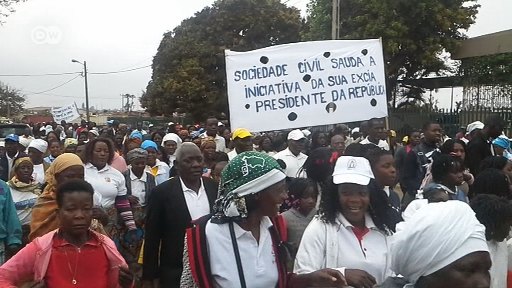
His first challenge is “to ensure that the military wing, the armed men who are there in the bush, are on his side,” analyst Alexandre Chiure told DW Africa.
Another pressing issue is the creation of a “cohesive environment” within the party itself. “What you will notice is that they’ve lost some self-confidence with Dhlakhama’s death, so you have to cultivate a lot of confidence inside the party,” he says.
According to Chiure, it was also necessary to establish “a bridge between the military wing and the political wing in the cities, in the sense of the two wings walking in the same direction”.
Another issue, he adds, “is to ensure consensus on the peace process, which was being conducted by the President of the Republic and the leader of Renamo. Momade has to assume the commitments made between the two parties and pursue the issues from there”, he says.
Dhlakama’s death will have unforeseeable consequences for peace process – Ramos-Horta
Chiure believes that, although Ossufo Momade has great challenges ahead of him, he has a record which plays in his favour. “He has a good curriculum. He is a military man and he is also a politician because he is in the Assembly of the Republic. I believe he has all he needs to shine, depending on how he positions himself in the process.”
Who is Ossufo Momade?
Ossufo Momade is the son of Momade Ossufo and Zainabo Alide, born on the Island of Mozambique in Nampula on January 30, 1961. He attended Luís de Camões Elementary School on the island of Mozambique and, after completing Grade 4 in 1973, went to the commercial school Pero de Covilhã.
In 1974, after the Lusaka accords, he joined the Mozambican Liberation Armed Forces (FPLM) in Nampula, serving in the military political commissariat before moving into the health area, where he served as the private secretary to the provincial director of military health.
In 1978, he was transferred from Nampula to the staff training centre in Inhambane and,in the same year, heard on Renamo Radio about the creation of the party. By that time, he was the commander of an FPLM company.
He came under attack while visiting an area under Renamo control, and it was then, in December 1978,that he joined the party. Three months later, after military training in Gorongosa and Maringue, Ossufo Momade joined the first mission in Tete province, led by the Renamo leader himself, Afonso Dhlakama.
Several missions followed in the provinces of Manica and Sofala. A year later, he is promoted to head of the section. In early 1981, Momade was promoted to commander of the company. He worked successively in Manica and Zambézia.
In mid-1983, he was sent by the Renamo leader to open the front of Nampula and in the same year was promoted to Major General. when the first contacts for peace negotiations began, he and other generals were transferred to the Banana House in Gorongosa where they coordinated the negotiation process.
In 1992, he was promoted to Lieutenant General in Maringué. After the signing of the peace agreement, he was appointed to oversee the Commission to supervise the cease-fire.
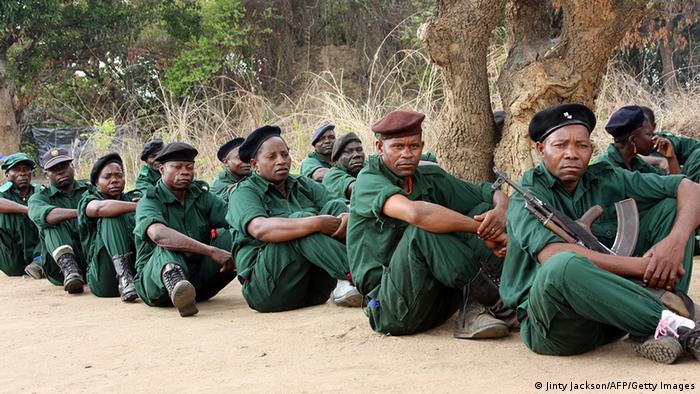
In 1993 he was appointed head of the religious affairs department and later transferred to Nampula to lead the military cantonment process.
In 1996, he was elected provincial political delegate of Nampula and was later elected regional delegate to the north.
In 1999, he was elected deputy of the Assembly of the Republic, where he currently serves. And in 2003 he was appointed head of the war demobilisation department.
In 2007 he was elected Secretary General of Renamo, a post he left in 2013, replaced by Manuel Bissopo. He was then appointed head of the defence and security department of Renamo, a position he has held up to now.
He currently attends the second year of the Law course at Instituto Superior Monitor of Maputo.
Dhlakama’s father did not know about his son’s illness
Dhlakama’s death: “No need” for an autopsy, brothers say


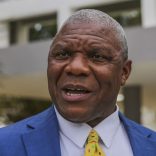
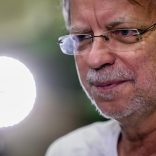
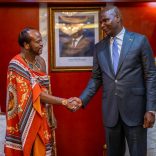
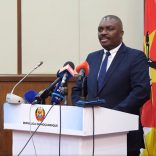
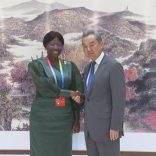
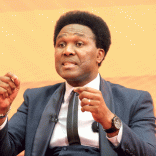





Leave a Reply
Be the First to Comment!
You must be logged in to post a comment.
You must be logged in to post a comment.